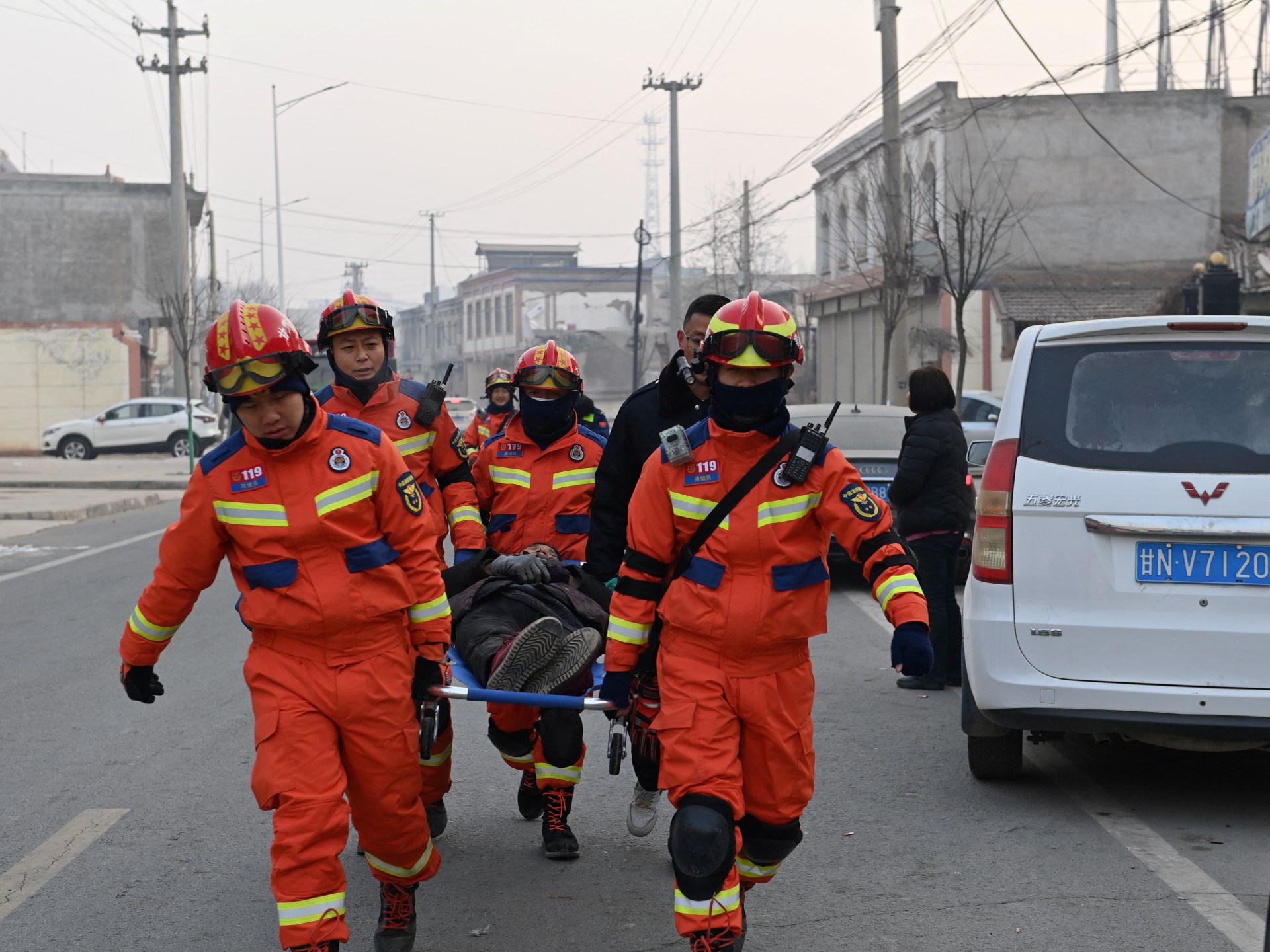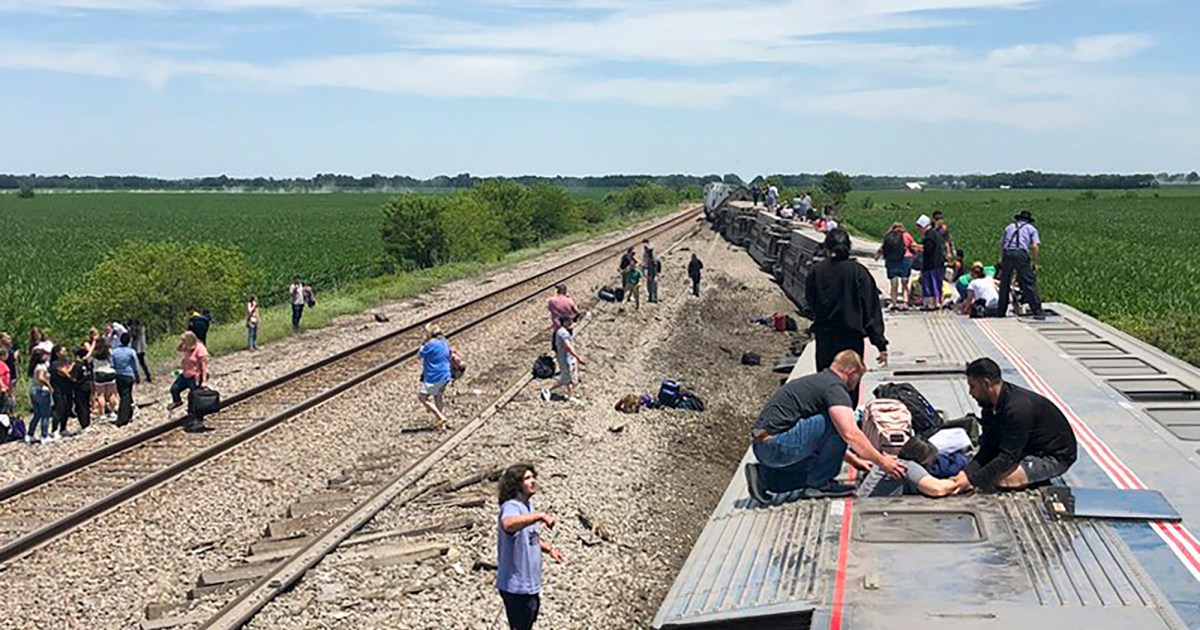Aid workers in Sudan warn of crisis as Ethiopia war continues | News
Humanitarians sound alarm over the growing humanitarian crisis amid difficulties to provide aid to those fleeing Ethiopia’s conflict.
Civilians continue to arrive in Sudan to escape a brutal civil war in neighbouring Ethiopia, humanitarian workers say, sounding the alarm over a growing humanitarian crisis.
It has been more than 13 months since fighting broke out in Africa’s second most populous country between federal government forces and fighters from the northern Tigray region.
Ethiopian Prime Ministry Abiy Ahmed promised a swift victory and within weeks, government troops had seized Tigray’s regional capital, Mekelle. But fighting dragged on, and by June, the Tigrayan forces had launched a counterattack that saw them retake much of their region and push into the neighbouring Amhara and Afar regions. At the end of last month, the government began an offensive that has now driven the previously advancing Tigrayan forces back into Tigray.
The vicious conflict has been marked by a litany of abuses, including massacres and gang rapes. Tens of thousands of people have been killed and millions have been forced from their homes, including tens of thousands who sought safety in Sudan.
Yahya Jibril, one of the supervisors at Basunda camps in Gadarif state in eastern Sudan, told Al Jazeera the continuation of fighting had contributed to refugees crossing the border on a nearly daily basis, with most of those arriving being women, children and the elderly.
He also warned that criminal groups are active in the border area, taking advantage of the turbulent situation for human trafficking and arms smuggling purposes.
The large influx of Ethiopian refugees has posed major challenges for the already strained Sudanese authorities, who have been calling for more technical, logistical and financial support to deal with the crisis.
Workers at reception centres in Kassala and Gadarif states told Al Jazeera the growing needs were complicating their efforts to provide much-needed food assistance and healthcare, as well as security.
The increasing numbers have also resulted in the deterioration of living conditions for those sheltering at the overcrowded camps, where infectious diseases have been spreading amid a lack of basic infrastructure.
Camp officials, meanwhile, expressed fears over a looming crisis in light of severe food shortages.
Mustafa Anwar, a camp official in Gedaref state, lamented that international agencies have not been able to meet the growing demands to provide the needed services due to the soaring refugee numbers. Instead, he said, the organisations have become dependent on Sudanese authorities, despite them being solely responsible for providing a safe place for the refugees.
Sudanese authorities, meanwhile, are facing great difficulties in relocating thousands of refugees from temporary reception centres to permanent camps. Such transfers are hindered by the fact that some refugees, especially farmers, had crossed the border with their agricultural equipment, Anwar acknowledged. He stressed, however, that the government plans to empty the Village 8 Reception Centre and Um Gargour camp in Gedaref by the end of the year.
According to the latest report by the Ethiopian Emergency Committee in Gadarif, a copy of which was obtained by Al Jazeera, the total number of people who have been moved from temporary centres in eastern Sudan to the permanent camps in Um Rakuba and al-Tunaida amounted to 43,187, mostly from Tigray.
The Sudanese government had previously announced the implementation of strict security controls at the borders to prevent more arrivals, but these measures have been eased due to humanitarian conditions, officials said.
But Muhammad Yaqoub, director of Hamdayet reception centre in Kassala, told Al Jazeera the influx of refugees exceeds the capacity of the facilities in Kassala and Gadarif and voiced fears the continuation of fighting will result in more refugees crossing the border.
For their part, officials in Um Raquba camp said the Sudanese Refugee Commission protects residents in coordination with the United Nations High Commissioner for Refugees, in addition to monitoring the performance of organisations and supervising their work.




